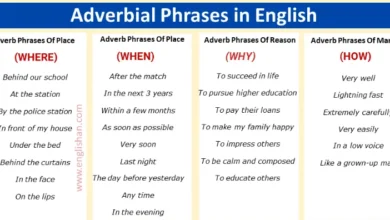Compound Conditional: Formation, Uses and examples
The compound conditional is a verbal structure in Spanish that is used to express hypothetical situations or actions that could have occurred in the past under certain conditions.
It is formed by using the auxiliary verb “I am listening” in the simple conditional followed by the past participle of the main verb.
This construction allows us to talk about conditional actions that could have taken place in the past if certain specific circumstances had occurred.
Formation of the compound conditional
The formation of the compound conditional involves the use of the auxiliary verb “have” conjugated in the simple conditional followed by the past participle of the main verb.
Below is a table illustrating how this structure is formed:
| Personal Pronoun | Verb «have» (Simple Cond.) | Past Participle of the Main Verb |
|---|---|---|
| I | there would be | spoken |
| You | you would have | Eaten |
| He she you | there would be | vivid |
| We | we would have | arrived |
| You you | would have | worked up |
| They, they, you | they would have | studied |
Uses of the compound conditional
The compound conditional is used to express hypothetical situations or conditional actions in the past, indicating that something would have happened if certain circumstances had occurred.
Examples of compound conditional
- If I had studied more, I would have passed the exam.
- We would have arrived on time if there hadn’t been so much traffic.
- If you had called me, I would have come to help you.
- If they had known the truth, they would have acted differently.
- We would have won the match if the referee had not made that mistake.
- If you had practiced more, you would have improved your piano skills.
- If it had been sunny, we would have gone to the beach.
- We would have traveled to Paris if there had not been problems with the flight.
- If you had bought the ticket earlier, you would have gotten a better seat.
- If it had rained, we would have canceled the picnic.
- If they had offered me the job, I would have accepted the offer.
- If I had money, I would have bought that dress.
- We would have visited our grandparents if it hadn’t been for the pandemic.
- If I had studied medicine, I would have been a doctor.
- If you had cooked, we would have had a delicious dinner.
- If they had called earlier, we would have reserved a table at the restaurant.
- I would have learned to dance if I had taken classes.
- If I had the time, I would have finished reading the book.
- If you had been honest from the beginning, we would have avoided a lot of problems.
- We would have bought a new house if the bank had approved us for the loan.
Conclusion
The compound conditional in Spanish allows us to explore alternative realities and hypothetical situations in the past.
Through the combination of “haber” in the simple conditional and the past participle of the main verb, this grammatical structure offers us the ability to talk about events that could have occurred under different conditions.
